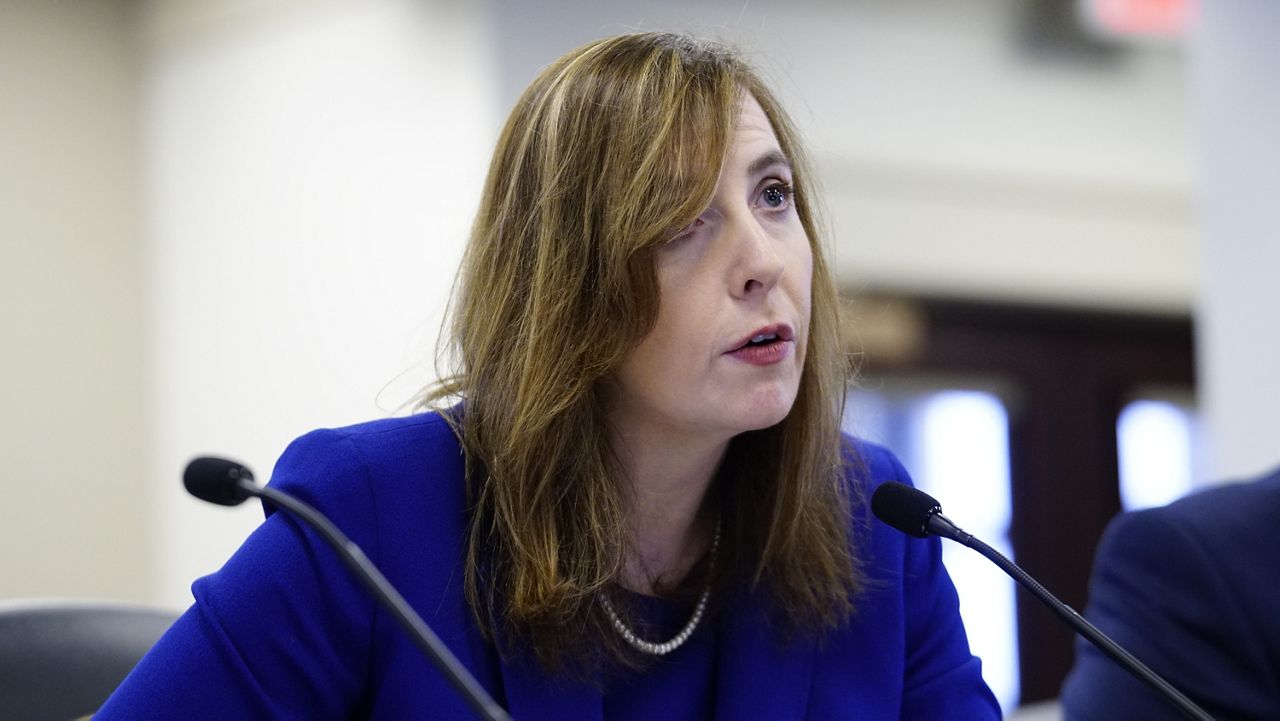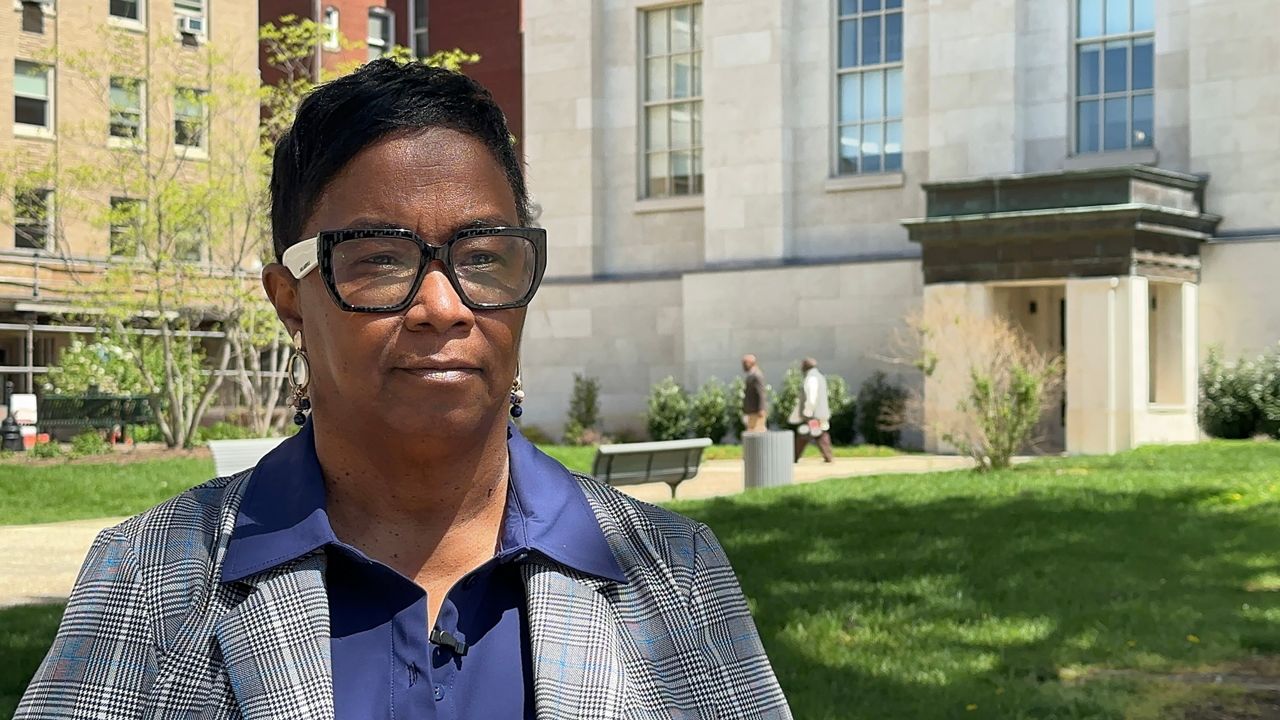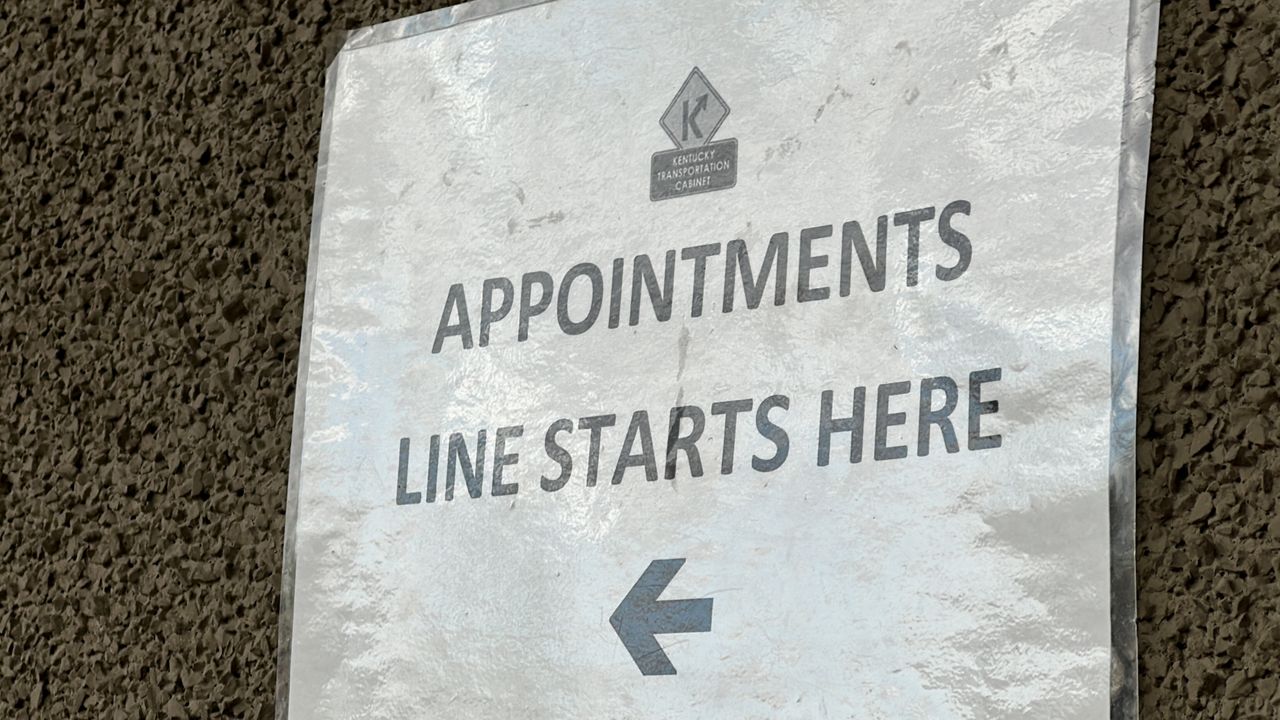LOUISVILLE, Ky. — Kentucky continues to face air quality issues, and the City of Louisville has issued an alert for Thursday. They said the levels are expected to be higher than normal and could affect people with health concerns.
The Commonwealth is one state under an air quality alert because of the wildfire smoke from Canada.
Family medicine Dr. Steven Patton said it’s affecting everyone, regardless of health condition.
“Especially the fine particle pollution. Fine particle pollution is that very small particles that’s in the air,” Dr. Patton said. “They’re so small that they can even get they can get into your bloodstream and that can affect your blood vessels not only with your lungs, so it can put your increased risk of stroke, heart disease, asthma exacerbation, or any other trouble with your lungs.”
He said prolonged exposure to the particles throughout the day would be like smoking a cigarette. The smoke from the fires has been making its way across the U.S. for over a month now.
Today, the pollutants will continue to affect older adults, children, teens and those with health concerns, such as heart or lung disease.
“But if you do go out, I would suggest they wear a mask and just be very aware of it,” Patton added.
The family medicine doctor said he’s seeing more people with sinus pressure, chronic cough, asthma issues and more—and it gets worse at nighttime.
“Some symptoms you want to watch for, especially in this climate we’re in right now, is congestion: a persistent cough, chest tightness or difficulty breathing, kind of sinus pressure. And ear pain has been some of the symptoms I’ve been seeing most often,” Patton said.
If you plan to be outside, take more breaks and do light work. The doctor also recommends if staying indoors burn fewer candles to reduce smoke exposure.










